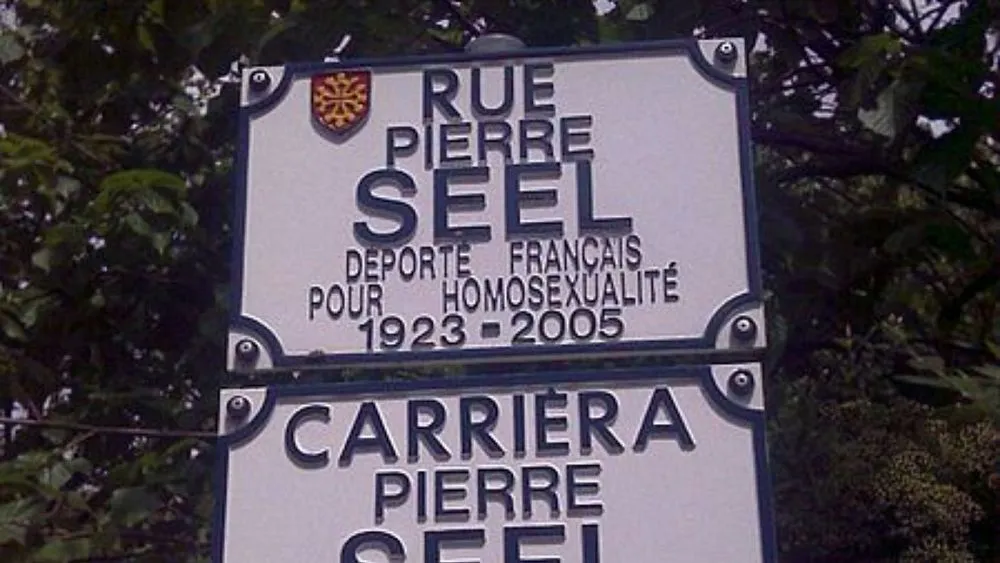- cross-posted to:
- [email protected]
- globalnews
- cross-posted to:
- [email protected]
- globalnews
cross-posted from: https://lemmy.zip/post/1521866
Archived version: https://archive.ph/jNYuA
Archived version: https://web.archive.org/web/20230816145435/https://www.euronews.com/culture/2023/08/16/remembering-pierre-seel-the-french-gay-holocaust-survivor-and-lgbtq-pioneer
This is the best summary I could come up with:
On what would have been Pierre Seel’s 100th birthday, Euronews Culture commemorates the incredible life of the French Holocaust survivor who defied social conventions to reveal an uncomfortable truth: the experience of Nazi Germany’s gay victims.
Aware of his burgeoning homosexuality from a young age, he felt at odds with the world that surrounded him, and ended up confiding in a friend - Jo, whom he’d eventually call his boyfriend.
To add insult to injury, pervasive homophobic attitudes among prisoners meant that gay inmates could not expect any solidarity, and were burdened by a profound sense of shame.
By 1994 - the same year that Paragraph 175 was finally abolished in a newly reunified Germany - Seel came out with his memoir, which he worked on alongside French journalist Jean Le Bitoux.
He was invited to interviews and events, and at his story even received silver screen treatment at the hands of Rob Epstein and Jeffrey Friedman, in their acclaimed 2000 documentary, Paragraph 175.
Speaking to Euronews Culture, David Cupina from Les Oublié-e-s, a French association commemorating the Holocaust’s queer victims, talked about Seel’s legacy and impact on the LGBTQ rights movement.
I’m a bot and I’m open source!
This is the best summary I could come up with:
On what would have been Pierre Seel’s 100th birthday, Euronews Culture commemorates the incredible life of the French Holocaust survivor who defied social conventions to reveal an uncomfortable truth: the experience of Nazi Germany’s gay victims.
Aware of his burgeoning homosexuality from a young age, he felt at odds with the world that surrounded him, and ended up confiding in a friend - Jo, whom he’d eventually call his boyfriend.
To add insult to injury, pervasive homophobic attitudes among prisoners meant that gay inmates could not expect any solidarity, and were burdened by a profound sense of shame.
By 1994 - the same year that Paragraph 175 was finally abolished in a newly reunified Germany - Seel came out with his memoir, which he worked on alongside French journalist Jean Le Bitoux.
He was invited to interviews and events, and at his story even received silver screen treatment at the hands of Rob Epstein and Jeffrey Friedman, in their acclaimed 2000 documentary, Paragraph 175.
Speaking to Euronews Culture, David Cupina from Les Oublié-e-s, a French association commemorating the Holocaust’s queer victims, talked about Seel’s legacy and impact on the LGBTQ rights movement.
I’m a bot and I’m open source!



